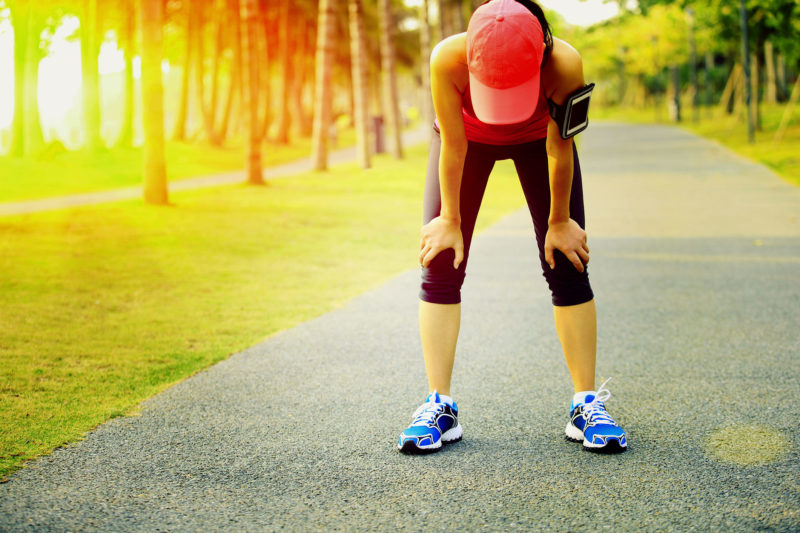How to Avoid Heat Stroke This Summer
Article posted in: Lifestyle
Neighborhood walks, gardening and games of catch and tag with the kids—a little fun in the sun is a great way to stay active in the summer. But when both temperature and humidity levels soar, exercising outdoors can raise your risk of heat exhaustion, or worse; heat stroke. This is a serious, potentially life-threatening condition caused by your body overheating.
Here are five tips to help you skip the heat stroke this season:
1. Skip the high-noon hike.
If possible, avoid strenuous physical activity during the hottest part of the day; instead schedule your outdoor exercise in the early morning or evening when temps cool off. And if you’re heading out for an afternoon errand, let your car cool off before driving—on a hot day, the temperature in your car can rise 20 degrees F in just 10 minutes.
2. Wear loose and light-weight clothing.
Too many, or too-tight, layers hold in heat and won’t allow your body to cool properly. And for the parts not covered, slather on the sunscreen (broad-spectrum, at least SPF 15). Sunburn also affects your body’s ability to cool itself.
3. Stay hydrated.
That will help your body sweat and maintain a normal body temp. Water is best, sports drinks work too, margaritas and pina coladas do not—alcoholic beverages can make your body more dehydrated.
4. Heed the signs of overheating.
When your body can’t cool itself, you may start sweating heavily, get muscle cramps or feel weak—those are all signs of heat exhaustion. Symptoms often begin suddenly, and may also include a rapid heartbeat, cold and clammy skin, nausea or headaches. Get out of the sun and into a shady or air-conditioned spot right away. Loosen any tight clothing, sip on water and cool your body down with wet cloths, spray from a hose or shower, or ice packs on your neck. Ignore the signs and continue on with your walk or bike ride, and heat exhaustion may progress to heat stroke—which occurs when your body temperature is 104 F or higher.
5. Know when to seek emergency medical help.
Heat stroke requires immediate medical attention; left untreated, it can quickly damage your brain, heart, kidneys and muscles. Symptoms include: Hot, red skin; extreme confusion, agitation or irrational behavior; nausea and vomiting; racing heart rate and possible unconsciousness. If you think a person is experiencing heat stroke, call 911.








